More than nine years ago, an emotional Phillip Fulmer rode out of the Tennessee spotlight on the shoulders of his players after a career where he went 152-52. Though it had been a tumultuous final season, he exited with a win.
On Friday, Fulmer came back in on his proverbial white horse to be the UT athletic director and potential savior of a woebegone football program that has endured so much losing, embarrassment and dysfunction over the time since he was forced out that it seems like it was the program’s penance for letting him go.
All of that came to a head this week in what has played out like a daytime soap opera meets college football passion meets Game of Thrones.
In case you’ve been making moonshine in the mountains this week, here’s my quickest possible summary:
After an outpouring of indignation following the leaked announcement that John Currie, the Haslams and the rest of their cronies were going to force Greg Schiano down our throats as Tennessee’s new head coach, UT’s fan base revolted. By Sunday’s sundown, Tennessee rescinded the offer.
While that reaction was justified, the national media responded with a trailer-park frenzy of its own. The dominoes that scattered to the floor the remainder of the week amounted to warring, internal strife within the athletic department puppets and the Board of Trustees.
Long-time UT offensive assistant David Cutcliffe declined to leave Duke and try to help fix things. Then, Currie threw a bunch of money at Oklahoma State coach Mike Gundy who spurned Tennessee for the second time to stay home and coach the Cowboys.
UT spoke to SMU coach Chad Morris, though an offer was never made, and the search turned its focus toward Purdue coach Jeff Brohm. Jimmy Hyams reported Brohm would be the next head coach, but news trickled out that the UT administration balked at Brohm’s buyout. Other media outlets said the Vols never offered.
After the Brohm “did-he-or-didn’t-he” fiasco, N.C. State coach Dave Doeren was the focus and actually had an offer. Tennessee fans, by this time brimming with anger, went the irrational route and implored Doeren on Twitter that we didn’t want him. Doeren accepted a raise to stay in Raleigh. Then, under the veil of secrecy, Currie flew to the West Coast where he interviewed Washington State head coach Mike Leach without permission from the administration, his authority minimized by this time due to the Schiano fiasco. Currie was ordered home like a child by his scolding parents, was “suspended” Friday morning, and will be fired later after only a matter of semantics leaving the deal with Leach in the ether and Fulmer at the helm with a two-year deal as athletic director.
Got all that insanity? Yes, all of that has happened in the past six days. But perhaps the only way to really cure the major ailments that afflict the Vols was to have a very public episode.
Of course, the national media has piled on like a pack of hungry wolves, with ESPN’s GameDay crew saying just this morning we are college football’s version of the Titanic. All but a few writers who understand the climate that had been bubbling for years such as SI.com’s Andy Staples, ESPN’s Peter Burns and a limited few others, have sharpened pitchforks all week. Many of the names you normally read were quick to judge and take sides. Now, if you’re like me, those will now become names you used to normally read.
None of that matters, though. Not anymore.
The only thing that matters to us is that we can have a football program of which we can be proud. The quickest way to cease being a laughingstock off the field is not to be one on it. And the only way not to be one on it is to get a unifying force to lead this athletic department; somebody who really, truly cares about fixing football the way Alabama fixed football 11 years ago.
When Nick Saban came to Tuscaloosa, the program got better, the money started rolling in so the athletic department got better, and therefore, the university got better. Tuscaloosa isn’t only an NFL factory; it’s also printing money like no other.
Well, that’s not exactly true. Tennessee brings in plenty of money, too. Yet the administration still continues to make bumbling, middling hires that will leave us in the wilderness we entered when we fired Fulmer so long ago.
Now, thankfully, finally, Fulmer is back. He never really left, but his home in Maryville may have well been on the moon for all the say he’s had in the program over the past decade. Any time he was interviewed, you could see the hurt on his face over what we’d become. All he ever asked for was an opportunity to fix it.
That opportunity is now here.
You think Fulmer is just going to ride in here on his stallion and throw a no-name coach out there? He may have to, but he’s going to begin by fishing in deep waters. Depending on the nibbles he gets, GoVols247’s Wes Rucker said a VFL duo of Kevin Steele and Tee Martin is a possibility to return to Knoxville and help Fulmer right these wrongs. Are they the answers? At this point, who knows? But what we can and should all get behind is that there’s a man in the captain’s seat who cares about Tennessee now as much, if not more, than you and me. That should thrill us all.
This nation-wide coaching search isn’t over, but the national nightmare is. The appointment of Fulmer as athletic director effectively minimizes the involvement of the corrupt Haslams, who’d ruled Tennessee and treated it as their own personal fiefdom over the past several decades. Considering Daddy Jim Haslam was instrumental in Fulmer’s ousting, it’s safe to say the two aren’t chummy.
Friday’s decision to turn the athletic department over to Fulmer was a proverbial passing of the torch from the Haslams’ money to other donors. Now, most importantly, somebody who actually knows and cares about football will be making the football decisions.
Fulmer spoke Friday about there being a time when our football team could compete with anybody anywhere and he’s charged with making that happen again. Though it won’t be an overnight fix, the most important thing for UT fans to remember that he said is this:
“Our first job is turning around our football program,” Fulmer said. “Our football teams in recent years have struggled for a variety of reasons, but through it all we have been supported by the most passionate fan base in the country. These great fans deserve teams that make them proud.”
“It will not be easy, and it will take some time, but we will succeed. We first must find us a coach who wants to be at Tennessee, who appreciates the unique opportunity that we have to offer at this very special place at this historical time and who is driven to win at the highest level of college football; the kind of head coach who will honor our University’s values, will be proud to represent our state and be a role model for our student-athletes.
When Fulmer says it, you know it isn’t just lip service or coachspeak. You know he means it, and he has the opportunity to right the wrongs of the past decade, wrongs that started with some recruiting and hiring missteps that came under his own watch.
Fulmer didn’t spend any of his time at the podium on Friday gloating. He didn’t spend any of it talking about how he never should have been fired in the first place or even mentioning that Currie was a Mike Hamilton disciple and that it probably gave him some gratification for this entire situation to come full-circle and for him to replace the obviously overmatched Currie after only eight months on the job. Fulmer spoke of a utopian future where, perhaps, Tennessee could compete at a national level again. He understands that isn’t in the near future, but the only way to fix everything is to start on the inside and work out.
Sometimes, in order to look ahead, you have to learn from your past. Fulmer addressed that, too.
“I hope to be a stabilizing and unifying force through this, just because we do have some grey hair and lots of experience at this place, and sometimes when you’re younger, you screwed it up so bad that you figured it out later. You don’t make the same mistakes again.”
Those mistakes Fulmer made were only the tip of the iceberg that became glacier. They snowballed from the Lane Kiffin year of tearing down traditions, bending NCAA rules and leaving to the failed tenures of Derek Dooley and Butch Jones — two of the worst program fits of any hires in SEC history — to Dave Hart’s decisions to do away with the Lady Vols nickname to bumbling chancellors and university presidential leadership to Hart’s own ouster and the grueling power struggles that led to Currie being hired as the Haslams’ Yes Man at AD, to this year’s 4-8 season that was the worst in school history, to Jones’ way-too-late firing, to this past, forgettable week.
Tennessee is an also-ran and an afterthought. On a day when conference championships are being played, the Vols are sitting at home while the administration has been bursting apart at the seams.
But Fulmer — no matter how he got in the seat — is a glimmer of hope. You can talk all you want about basement-dealings, back-stabbings and cloak-and-dagger decisions, but the bottom line is we’ve tried all those other things. We’ve gone every direction possible after Fulmer, and we never could recapture what Fulmer gave us.
Now, Fulmer is back, and his legacy, in part, depends on what he can do to build us back up to what we once were. Can we emerge from our own considerable shadow to have a program of substance ever again? Neyland Stadium sits empty on the edge of the river, just waiting to be filled with happiness once again, and the last man who ever brought that inside her walls now sits at the stern of the athletic department.
Papa’s home. The Battle Captain is back. So, let’s go find us a coach and have fun winning some championships, Vols.
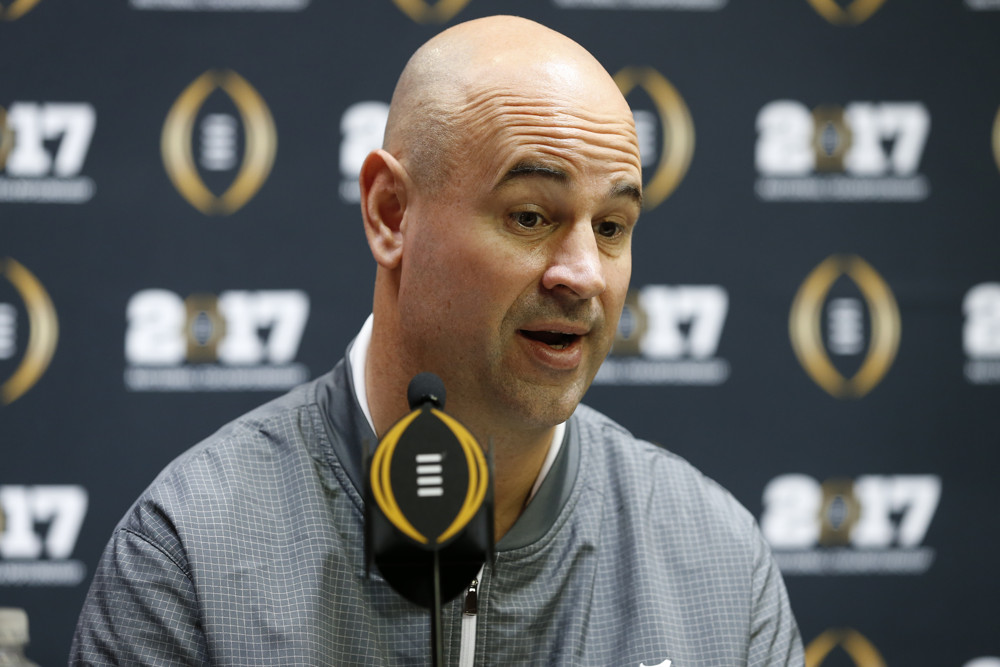
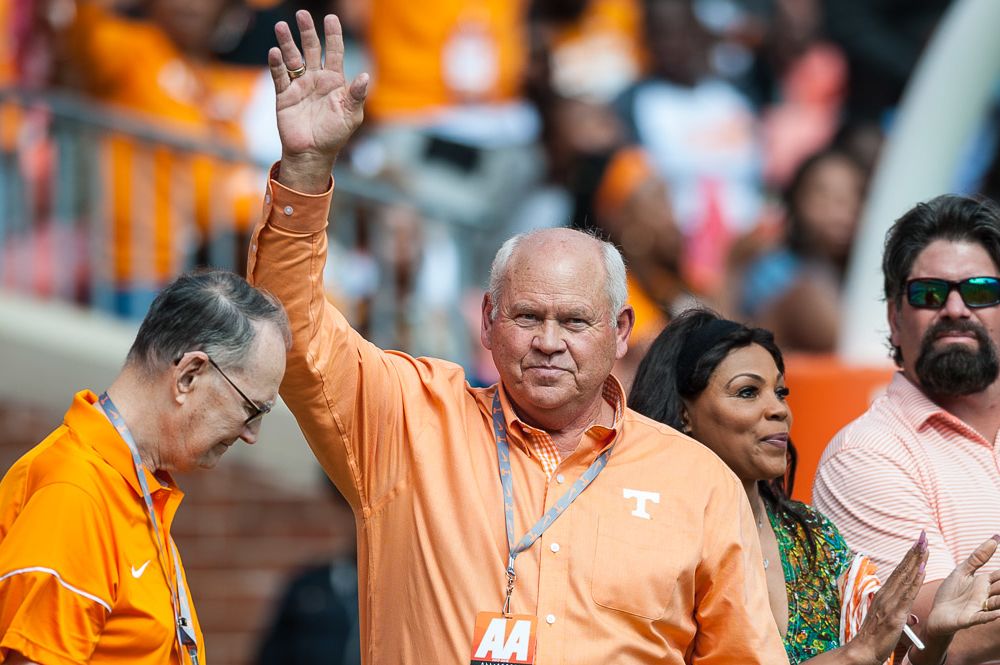
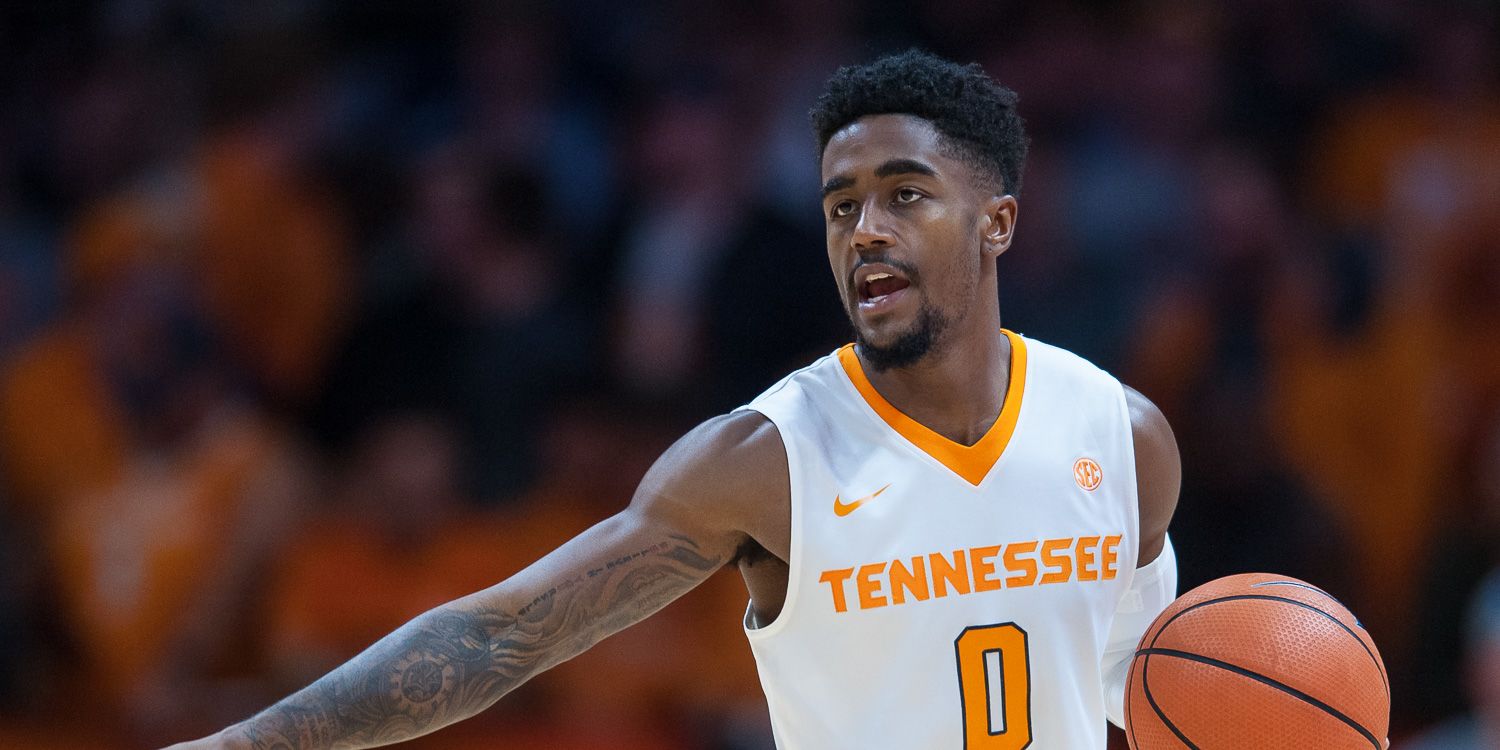
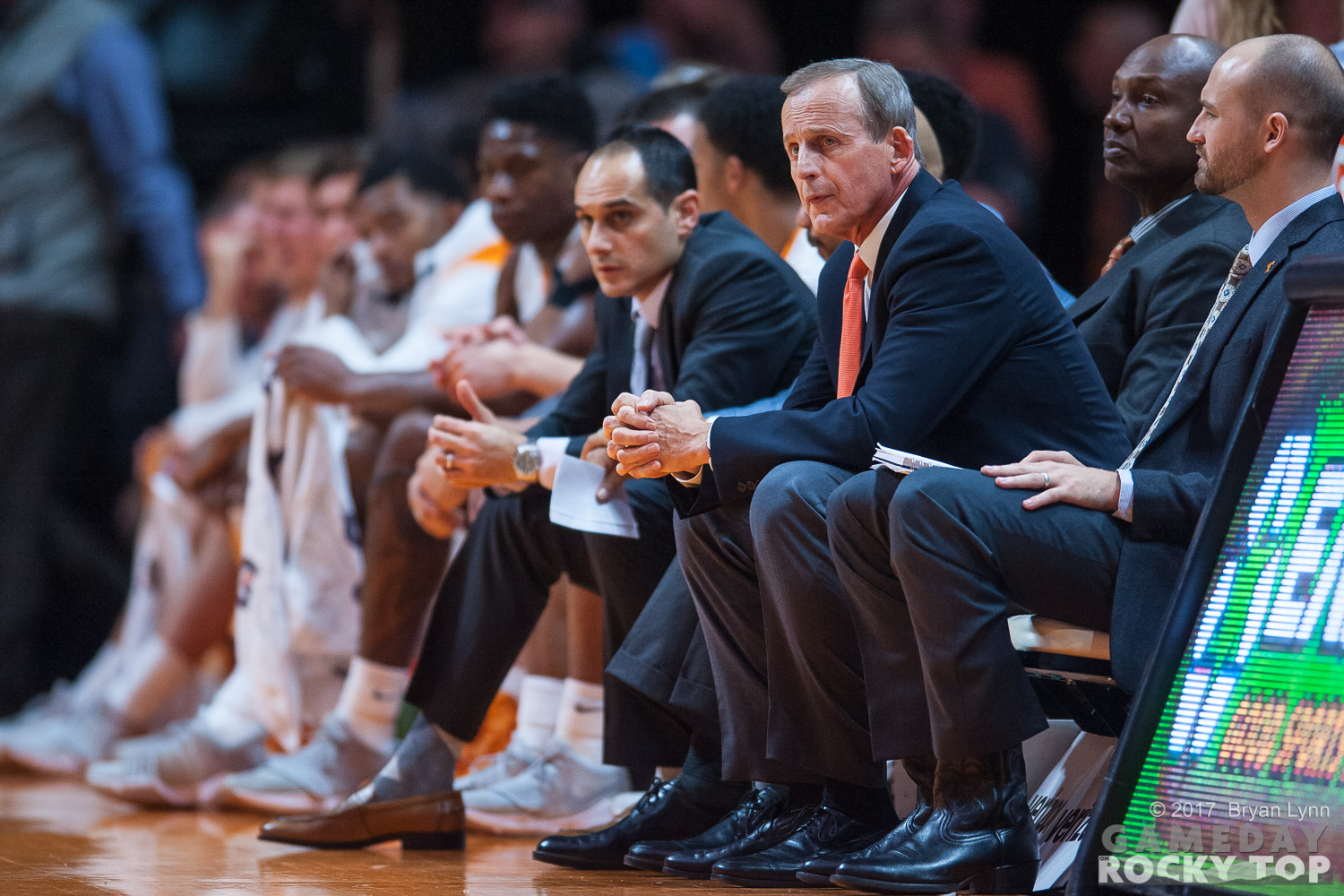
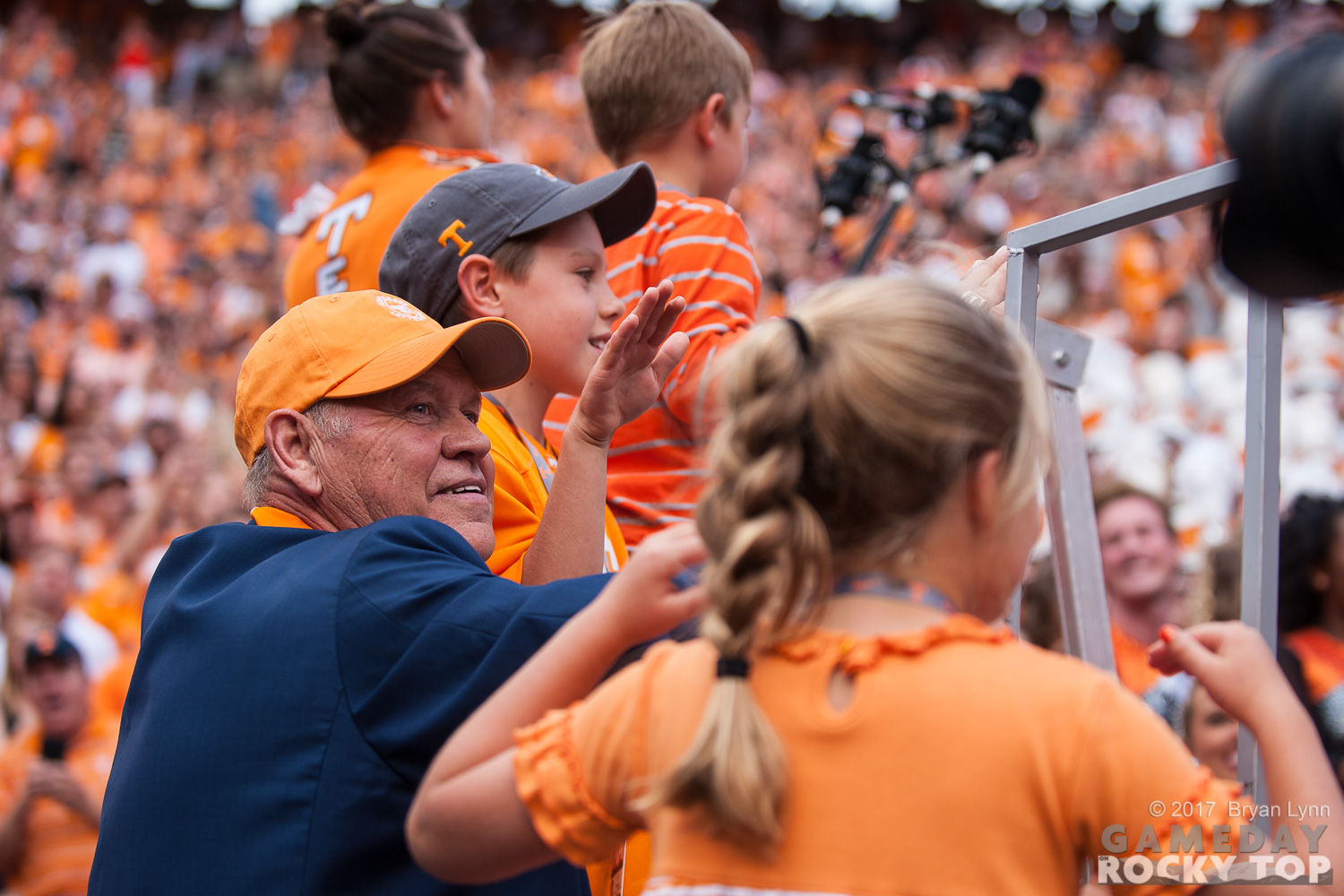
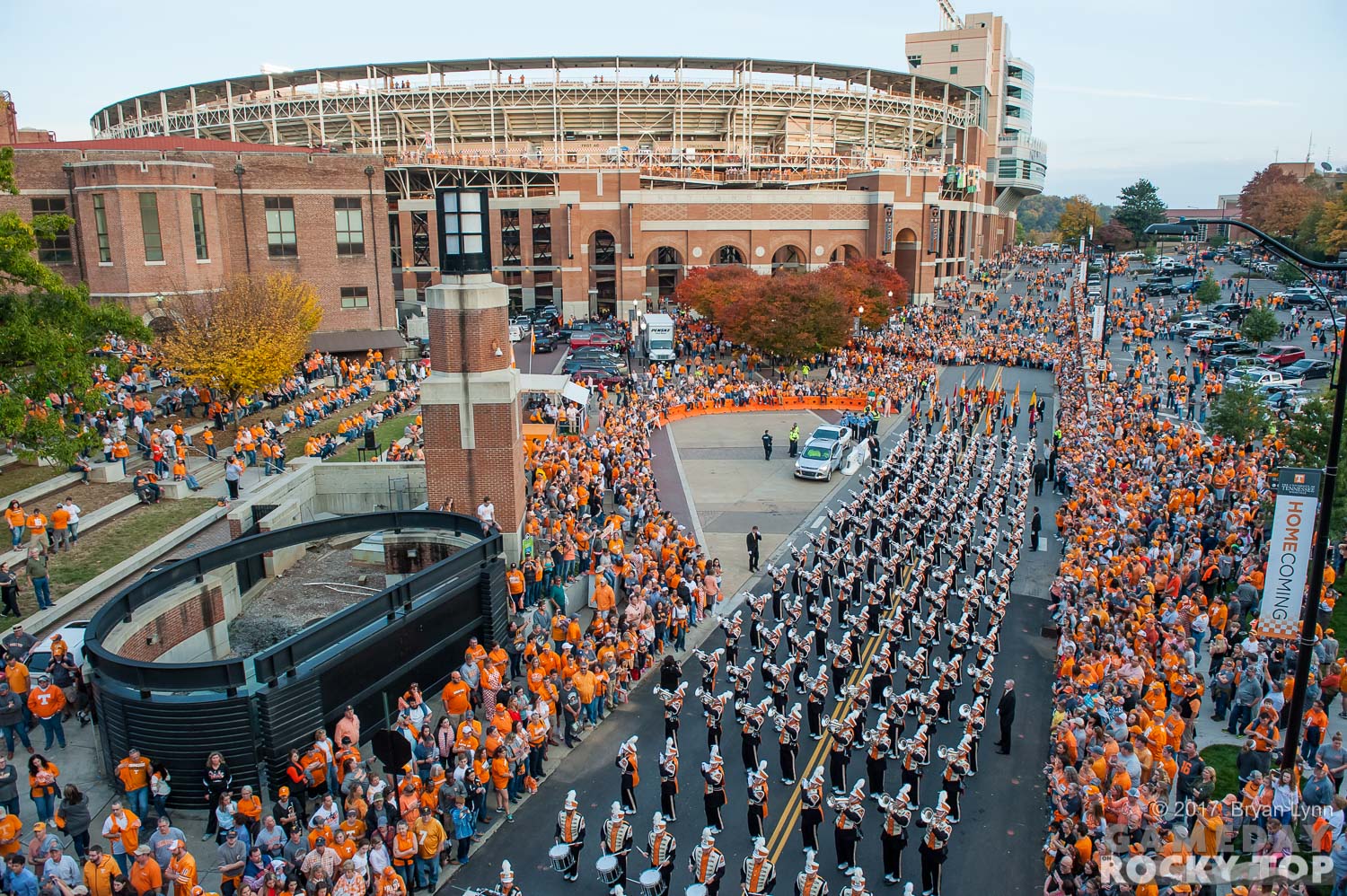

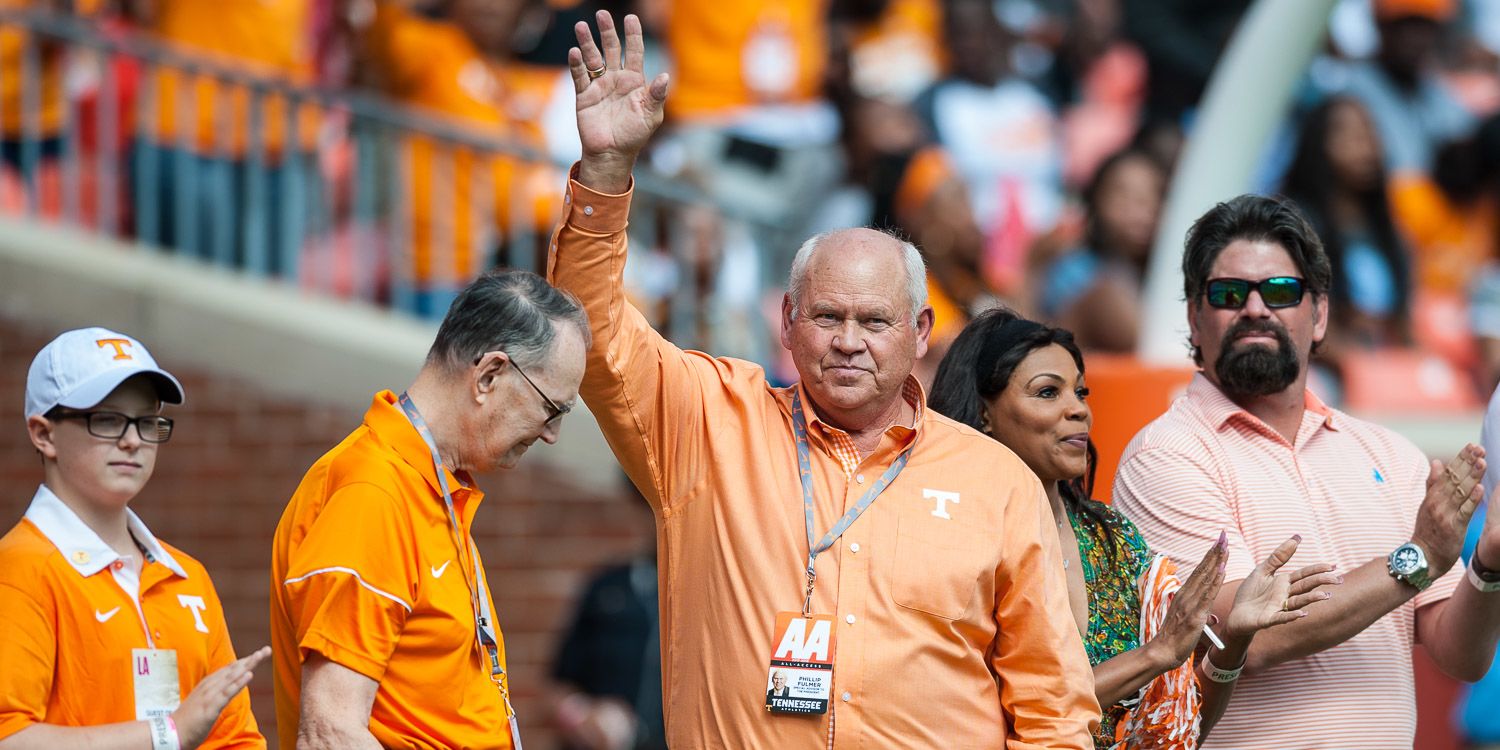
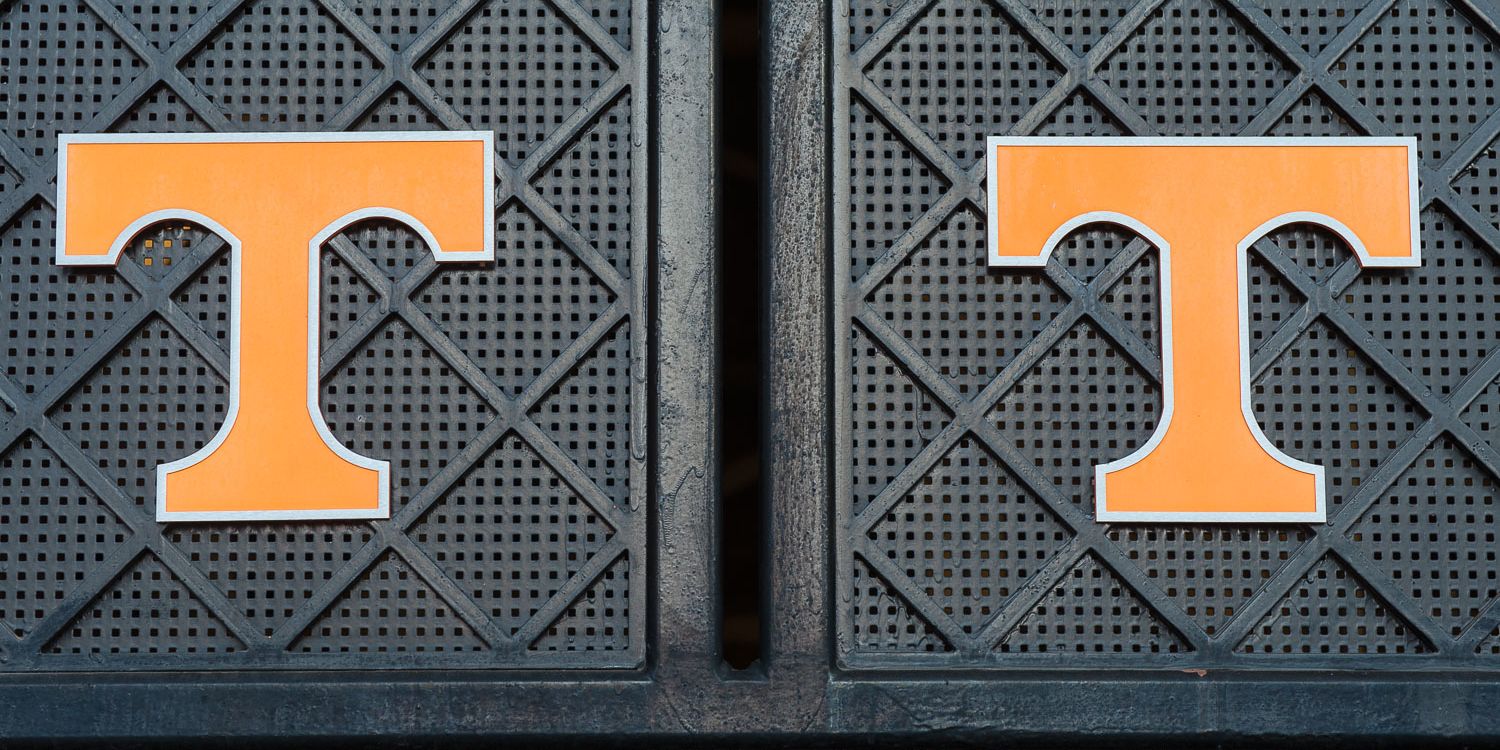

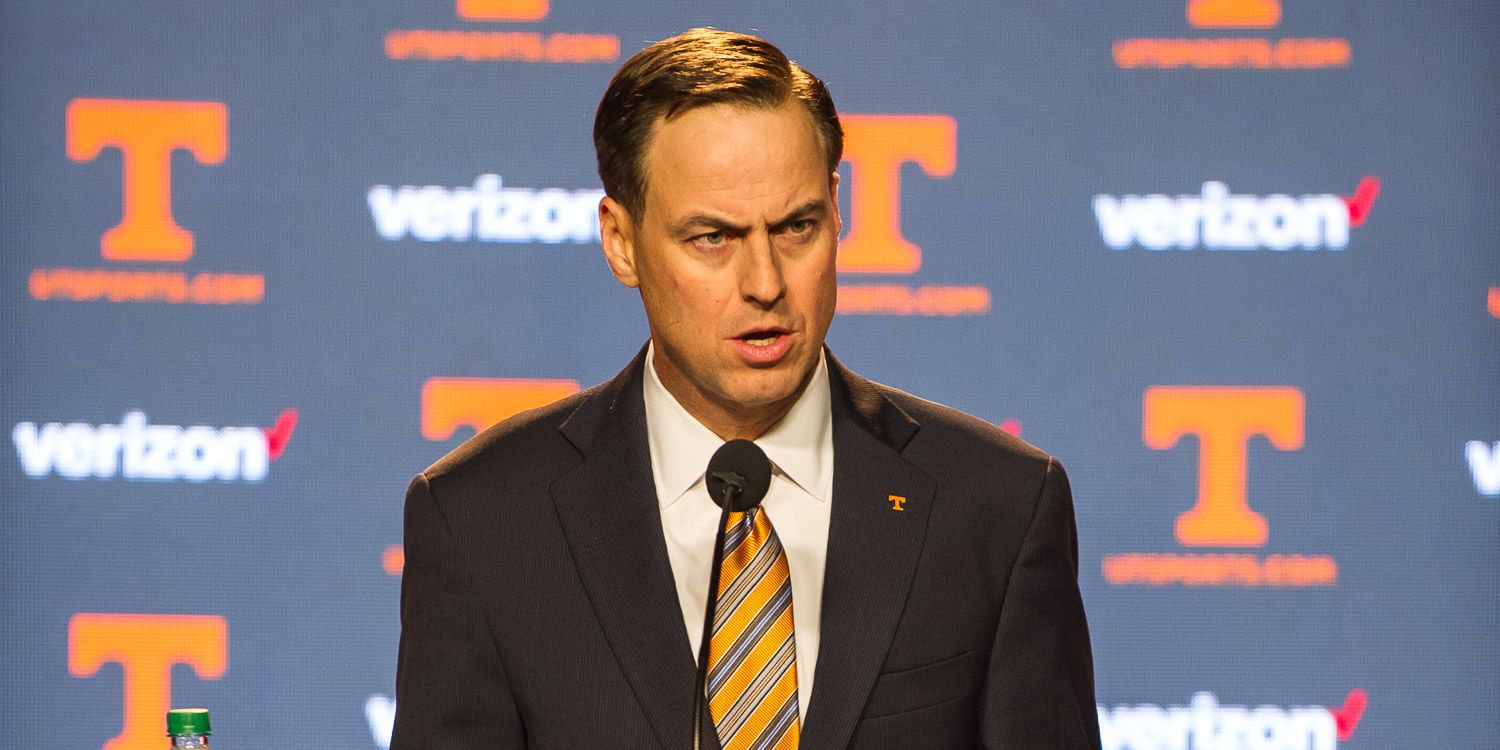
You must be logged in to post a comment.